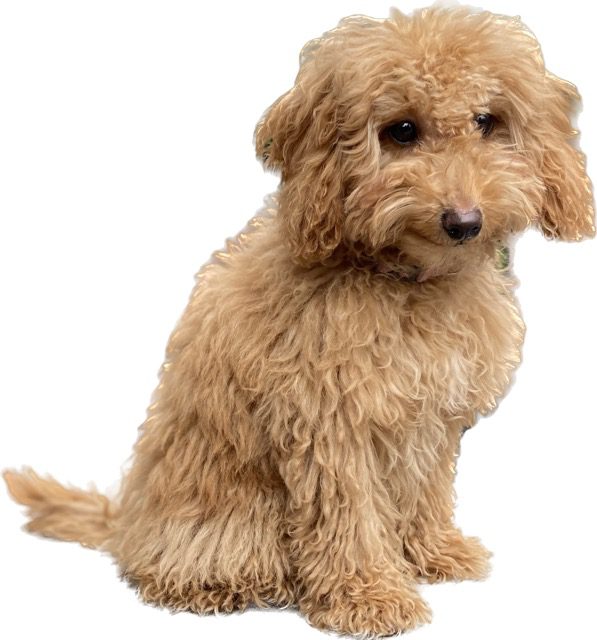
The Toy Poodle is a small companion breed of dog originating from Germany, specifically from the Standard Poodle. It was developed in the 16th century to be a companion dog, as well as to aid in truffle and waterfowl hunts. The physical characteristics of the Toy Poodle include a small, sturdy frame with a long, slender muzzle, a dense, curly coat, and feathering on the legs, chest, and bottom of tail. The breed is often seen in a range of colors, including white, black, brown, and apricot. The Toy Poodle was likely created with a combination of other breeds, such as the Miniature Poodle, Greyhound, and German Spaniel. This breed is especially special due to its intelligence and affinity for agility sports, and is one of the most trainable of all canine breeds. It also differs from other breeds with its smaller frame and dense coat.
The Toy Poodle is a gentle and friendly breed that requires regular exercise and affection. They are an intelligent breed, often called “the house clown” because of their playful nature. Toy Poodles can also be incredibly patient and tolerant, making them a great dog for families with children or other pets. They are devoted and loyal to their owners, forming strong bonds with them, and do well when given early training and socialization.
Toy Poodles require moderate exercise levels, including daily walks or runs and regular playtime. They can be surprisingly active for their small size, so regular activity is important. Toy Poodles can be kept indoors or outdoors, and typically do not bark too much, but daily exercise will help keep their energy levels balanced. Some suitable activities include tracking, agility, and flyball, as well as learning obedience training. With the right training, Toy Poodles can become a great companion for many years.
Toy Poodles are small yet active dogs that have an easy-care coat and require minimal grooming. Like all dogs, they need a well-balanced diet to stay healthy and active, but not all foods are suitable for them. They should be given small meals throughout the day to prevent the risk of their stomach becoming too full and become overwhelmed. A healthy diet should be high in protein, and carbohydrates, low in fat, avoiding things like garlic, onions, grapes, raisins, and chocolate.
Way Canina provides information about the specific nutritional needs of this breed, as well as providing recipes for healthy, balanced meals and advice on other foods to avoid. It is important to practice responsible ownership for Toy Poodles, so owners should ensure that their dog gets plenty of exercise, proper grooming, and a healthy diet tailored to their individual needs. Overall, a healthy diet tailored specific to a Toy Poodle, is key to ensuring their long-term wellbeing and happiness. To find out more about this breed, and discover their dietary needs, visit Way Canina.
Toy Poodles are generally healthy and have a lifespan of 12-15 years. However, like all breeds, they can be prone to certain health issues, such as dental problems, hip dysplasia, and patellar luxation. Additionally, some Toy Poodles may be predisposed to skin allergies and ear infections.
Regular veterinary check-ups, vaccinations, and preventive care are crucial for Toy Poodles to lead a healthy and happy life. Grooming needs include regular brushing to prevent matting, bathing as needed, and cleaning their ears to prevent infections.
A balanced diet with portion control and regular exercise is important to prevent obesity, which can lead to a variety of health problems. Outdoor walks and indoor playtime are great ways to keep Toy Poodles active.
Factors such as genetics, diet, exercise, and healthcare can influence the lifespan and longevity of Toy Poodles. Therefore, it is essential to provide proper care and attention to ensure they live a long and healthy life.
Do you own a Toy Poodle or are you thinking about getting one? Before making a decision, it’s important to consider the responsibilities that come with owning this breed of dog. While Toy Poodles are known for their intelligence and affectionate nature, they also require regular grooming and exercise. They can also be prone to certain health issues, such as hip dysplasia and eye problems.
To help you make an informed decision about whether a Toy Poodle is right for you, we encourage you to check out our blog posts and articles on Way Canina. Here, you can compare different breeds and find additional information about dogs’ lifestyle and wellbeing. Remember, owning a pet is a big commitment, so it’s important to make sure you’re prepared for all that comes with it.